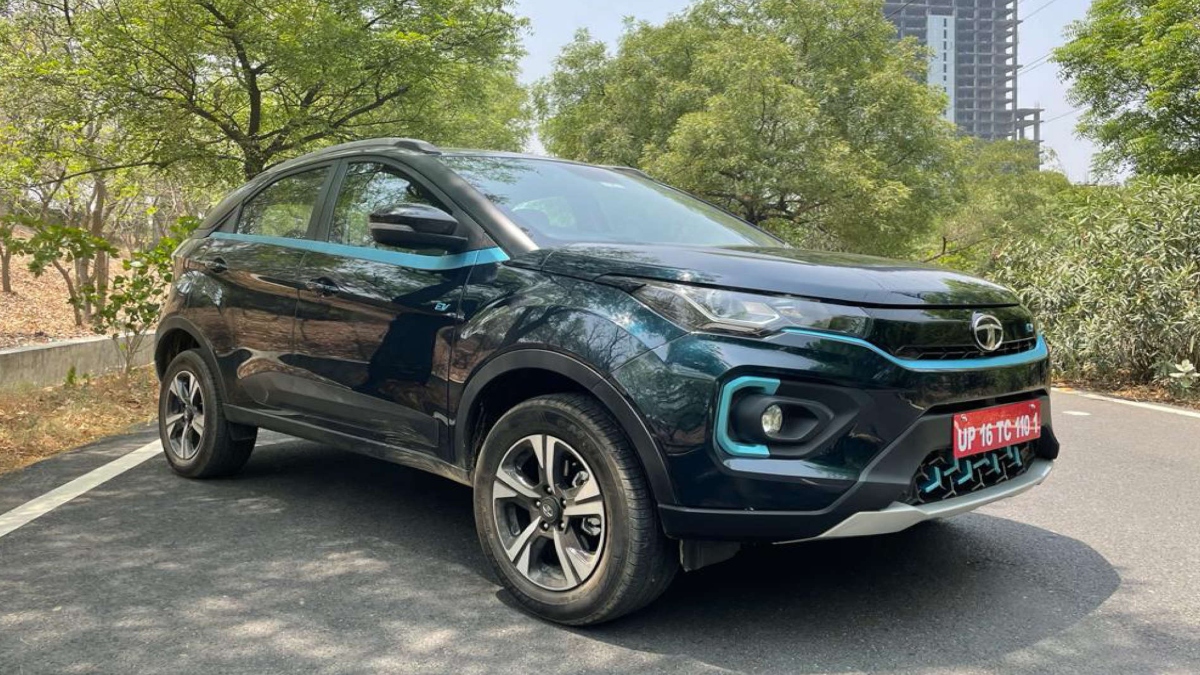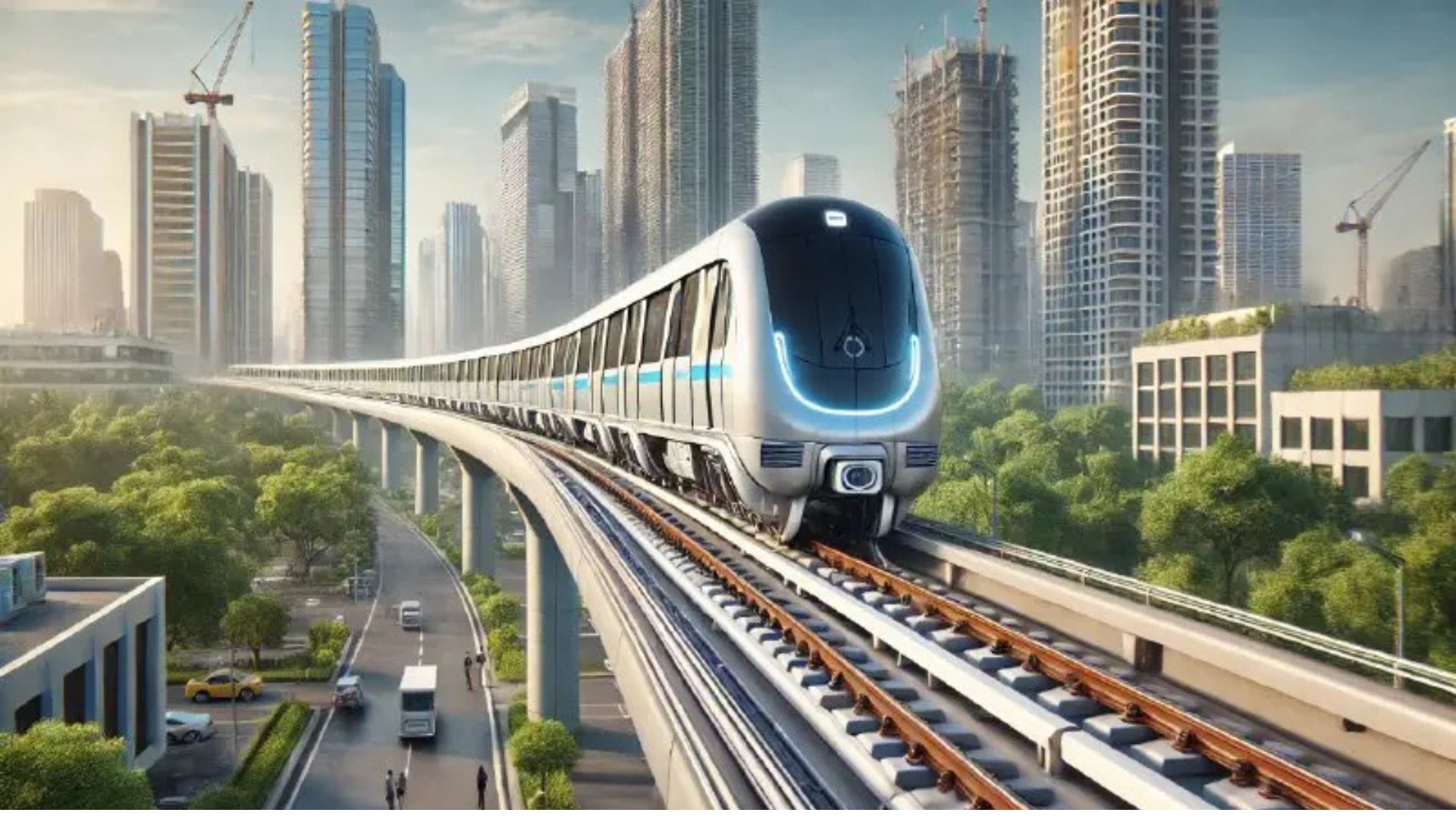
The Tata Nexon EV has been the most successful electric car in India and by some distance. Tata Motors already has more than 25,000 EVs on the Indian roads, out of which over 19,000 are just Nexon EVs. Now, the company has gone ahead and launched a more powerful version of the car called the Nexon EV MAX. It also gets many premium features not seen on the regular Nexon EV and more importantly the range has also gone up significantly. According to Tata Motors, the idea behind this new car is to enhance the appeal of EVs and expand the market with a new offering for customers who are looking for longer intercity travel.


The Nexon EV Max is equipped with a 40.5 kWh lithium-ion battery pack, which means the battery capacity is 33% higher than the Nexon EV. It results in an ARAI certified range of 437 km (under standard testing conditions), which is approximately 125 km more than the Nexon EV. The EV produces 143 PS of power and delivers an instant torque of 250 Nm available at the push of the pedal, resulting in 0 to 100 kmph time of under 9 seconds. At the same time, you also get a car that is heavier than the Nexon EV and has a slightly lower ground clearance.
With Nexon EV MAX, Tata Motors is introducing a multi-mode regen feature which will help drivers to adjust the level of regenerative braking through switches on the floor console. Customers can choose between 4 regen levels based on the driving conditions: Level 0 with nil recuperative braking, going up to the highest Level 3 aiding single-pedal driving. This will help the user to get a higher range depending on the remaining charge and traffic conditions. The car also gets auto brake lamps which get activated once a certain level of regen is achieved, this helps to alert fellow motorists.
You also get 3 driving modes on the car—eco, city and sport. Plus there are eight new features on the upgraded ZConnect 2.0 connected car technology. This means the ZConnect app offers 48 connected car features. The feature list now covers smartwatch integration, auto/manual DTC check, setting a limit for charging, monthly vehicle reports and enhanced drive analytics.
The Nexon MAX also gets more safety features like ESP with i-VBAC (intelligent – Vacuum-less Boost & Active Control), hill hold, hill descent control, electronic parking brake with auto vehicle hold and all 4-disc brakes. Tata says its battery and motor pack are IP67 rated for a weather-proof and worry-proof performance. The battery and motor warranty of Nexon EV Max is 8 years or 160,000 km.
In terms of looks and design the Nexon EV MAX is just like the Nexon EV apart from the new Intensi-Teal you see in the pictures. You also have the daytona grey and pristine white options to choose from while dual-tone body colour will be offered as a standard. The cabin is much more premium and gets additions like a jewelled control knob with active mode display, all-new makarana beige interiors, leatherette seats with ventilation for front passengers, air purifier, wireless smartphone charging, auto-dimming IRVM and cruise control.
The Nexon EV Max is available in two trim options –XZ+ and XZ+ Lux. These will be available with options of a 3.3 kW charger or a 7.2 kW AC fast charger. The 7.2 kW AC fast charger can be installed either at home or at the workplace, which helps in reducing charging time to 6.5 hours. A 50 kW DC fast charger will charge the car from 0% to 80% in just 56 minutes. Prices begin at Rs 17.70 lakh which is Rs. 3.20 lakh more than the Nexon EV. The top-of-the-line XZ+ Lux with a 7.2 kW AC fast charger will set you back by Rs. 19.24 lakh (ex-showroom).
The author is a senior editor at carandbike.com















